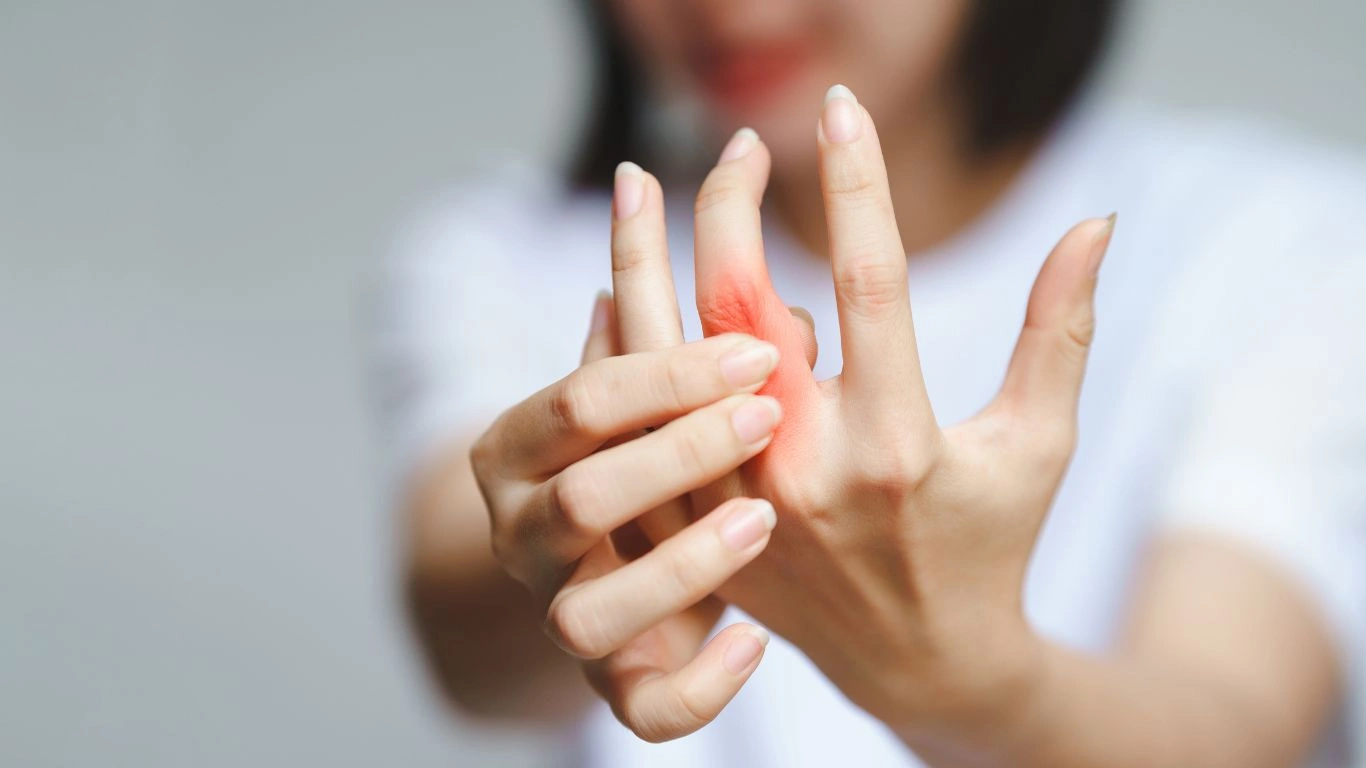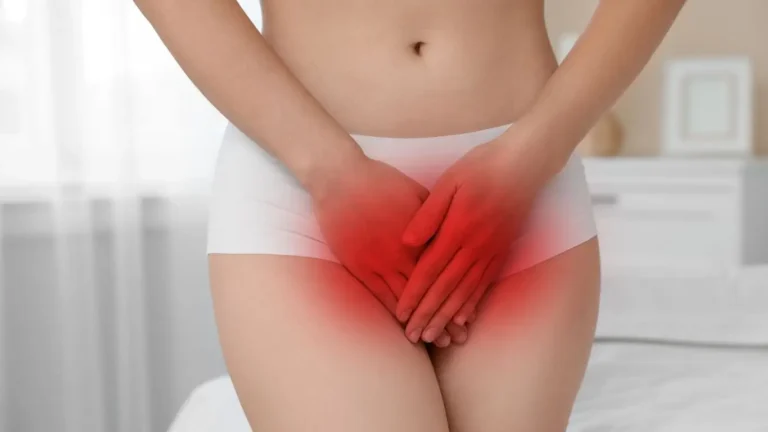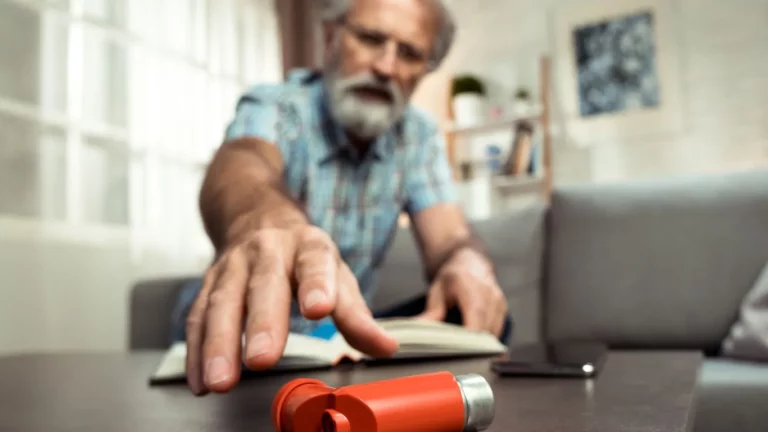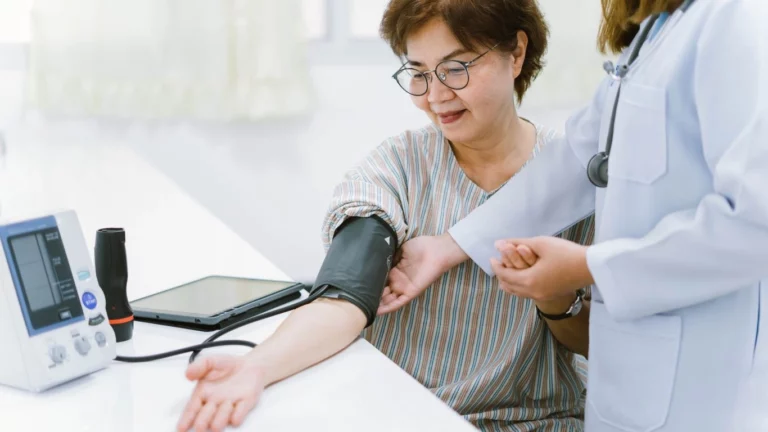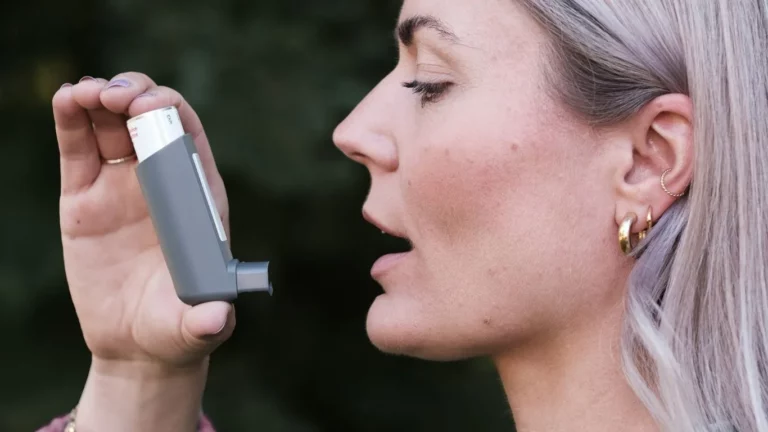Unlock Powerful Relief: Rheumatoid Arthritis and Acupuncture Benefits
When I first started working as a rheumatology nurse practitioner, I never imagined that I’d be recommending acupuncture to my rheumatoid arthritis patients. But after years of seeing how medication alone sometimes just isn’t enough, I’ve become a believer in integrating complementary therapies. Rheumatoid arthritis and the benefits of acupuncture have become one of my favorite topics to talk about—not just because the science is catching up, but because I’ve seen firsthand how much it can help some of my patients regain a little bit of their lives back.
What is Rheumatoid Arthritis, Really?
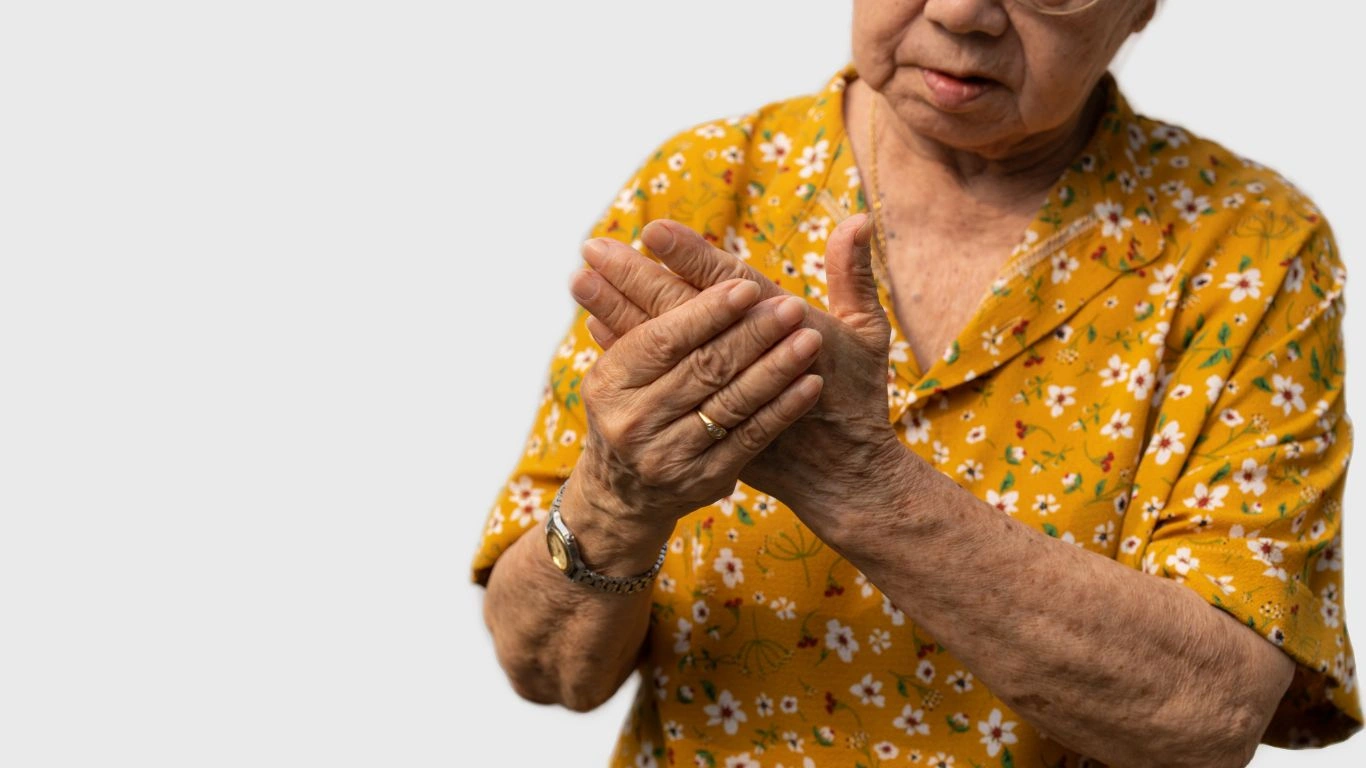
Rheumatoid arthritis (RA) is more than just joint pain. It’s an autoimmune condition where the body’s immune system mistakenly attacks its own joints, leading to inflammation, swelling, and long-term joint damage if not managed properly. Most people associate it with older age, but I’ve diagnosed folks in their twenties and thirties—this disease doesn’t care how old you are.
The tricky part? RA doesn’t look the same for everyone. Some patients wake up with stiff fingers that take hours to loosen up. Others feel like they’ve got the flu every single day. It’s exhausting—physically and emotionally. That’s why exploring every tool in the toolbox is essential. And that brings me to acupuncture.
How Acupuncture Works (and Why It’s Not Just “Woo-Woo”)
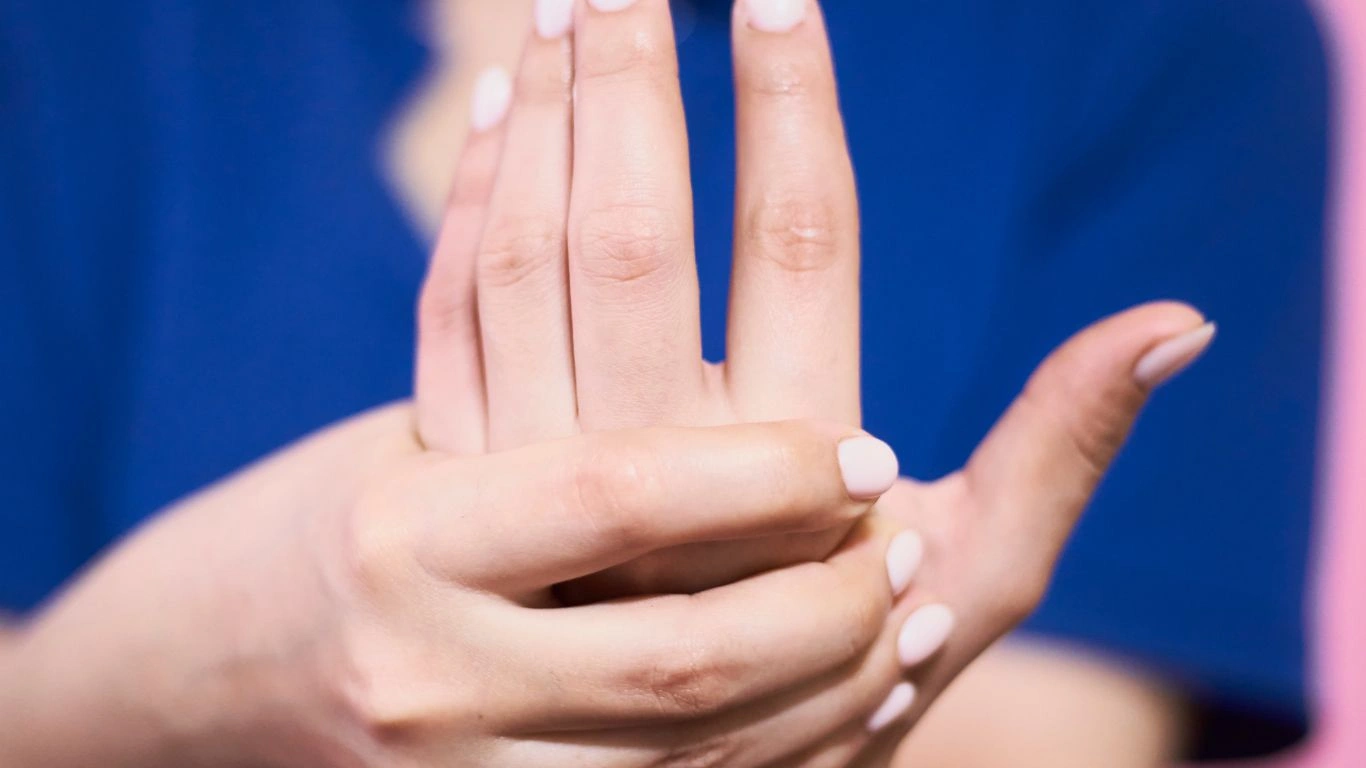
Acupuncture isn’t just an ancient art—it’s also gaining traction in clinical settings. I’ll be honest, I used to be skeptical. I mean, needles in the skin to treat an autoimmune condition? But the more I read the research (and the more feedback I got from my patients), the more I realized it’s not just placebo.
Here’s a simple breakdown of how it works:
- Tiny needles are inserted into specific points on the body (called meridians).
- This stimulates the nervous system and may release natural painkillers like endorphins.
- It helps reduce inflammation by modulating immune system responses.
Plus, it’s low-risk and drug-free, which is a huge win for patients already juggling multiple meds. And let’s be real, sometimes it’s nice to walk into a quiet room, lie down, and just… breathe. That alone is therapeutic.
Rheumatoid Arthritis and the Benefits of Acupuncture: What I See in My Patients

I remember one of my patients—let’s call her Maria—who came in almost in tears every morning because her knees were so swollen, she could barely stand. We’d optimized her DMARDs, her biologics were working, but the pain persisted. She was open-minded and gave acupuncture a try.
Three months in, she walked into my office with a spring in her step. “It’s not magic,” she told me. “But I finally feel like I can move without crying.” She still needed her medication, of course, but the combination made her feel more human again.
Some common improvements my patients report after incorporating acupuncture:
- Reduced joint pain and stiffness—especially in the mornings.
- Better sleep—which is huge, because pain often disrupts rest.
- Less anxiety—which makes sense, considering the calming effect.
- Improved overall well-being—many just “feel better.”
It’s not a miracle cure. Let me say that loud and clear. But it’s one of those things that, when layered into a treatment plan, can make the grind of RA feel a little less heavy.
When Should You Consider Acupuncture?
If you’re feeling like your meds are doing their job but you’re still not where you want to be—especially in terms of pain and quality of life—it might be worth looking into. It’s also a good option if you’re dealing with side effects or just need another avenue for relief.
That said, make sure you work with a licensed acupuncturist who understands autoimmune conditions. Not every practitioner is familiar with the complexities of RA, and it’s important that your treatments are tailored, just like your meds are.
What Science Says About Acupuncture for RA
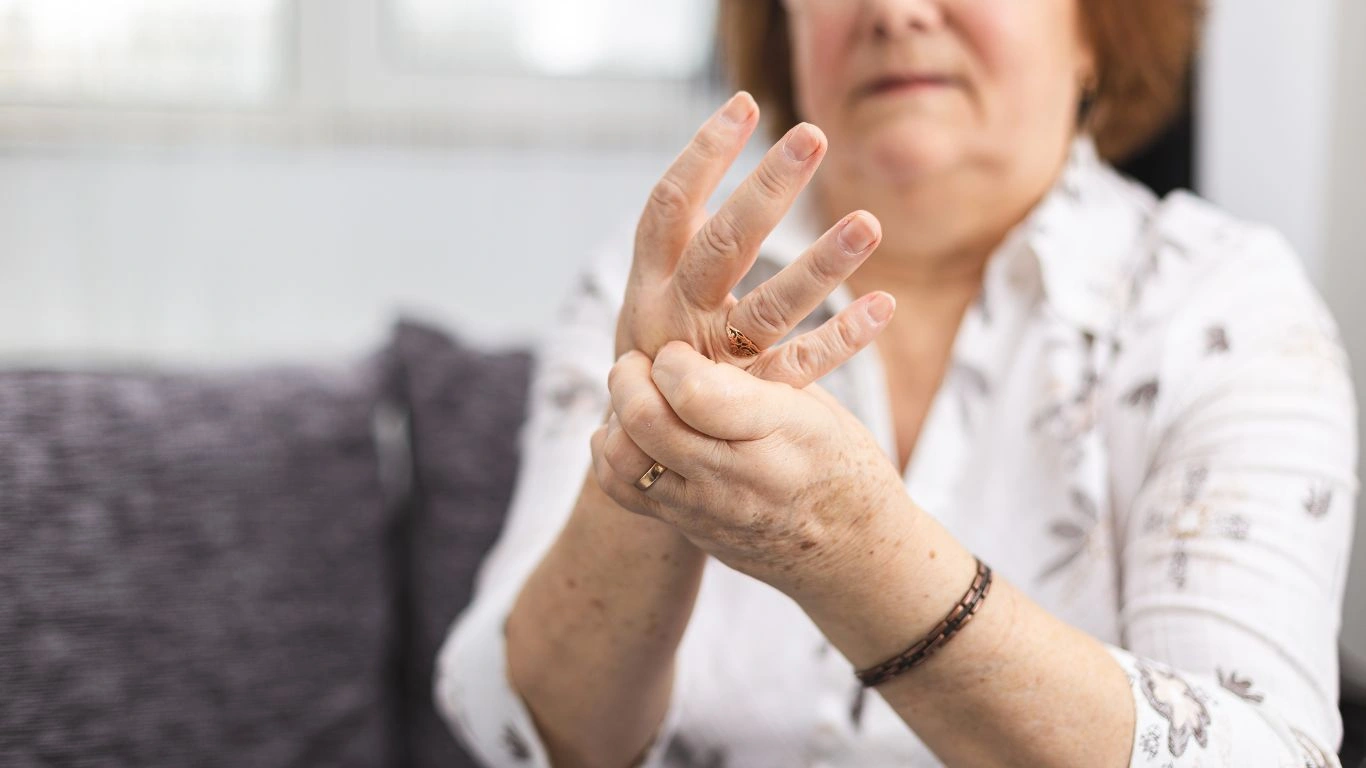
I’m a big believer in mixing personal experience with evidence. So while I’ve seen patients improve with acupuncture, I always dig into the research too. And yes, there’s actual science backing this up. Studies suggest that acupuncture may help regulate the immune system and lower pro-inflammatory markers like TNF-alpha and IL-6. If those sound familiar, it’s because they’re the same targets of some biologic medications we prescribe in rheumatology.
One clinical trial I found particularly compelling followed RA patients receiving regular acupuncture sessions alongside their standard treatment. Over several months, they showed statistically significant improvements in pain, function, and even morning stiffness. I’m not saying it’s a replacement for your methotrexate or biologics, but it might help them work a little better—or at least help you feel better while they do their thing.
Plus, unlike some more invasive or pharmaceutical options, acupuncture has very few side effects when done properly. Maybe a little soreness or bruising here and there, but that’s usually it. Compare that to the potential risks of long-term NSAIDs or steroids, and the appeal becomes pretty clear.
Common Questions I Get from RA Patients About Acupuncture
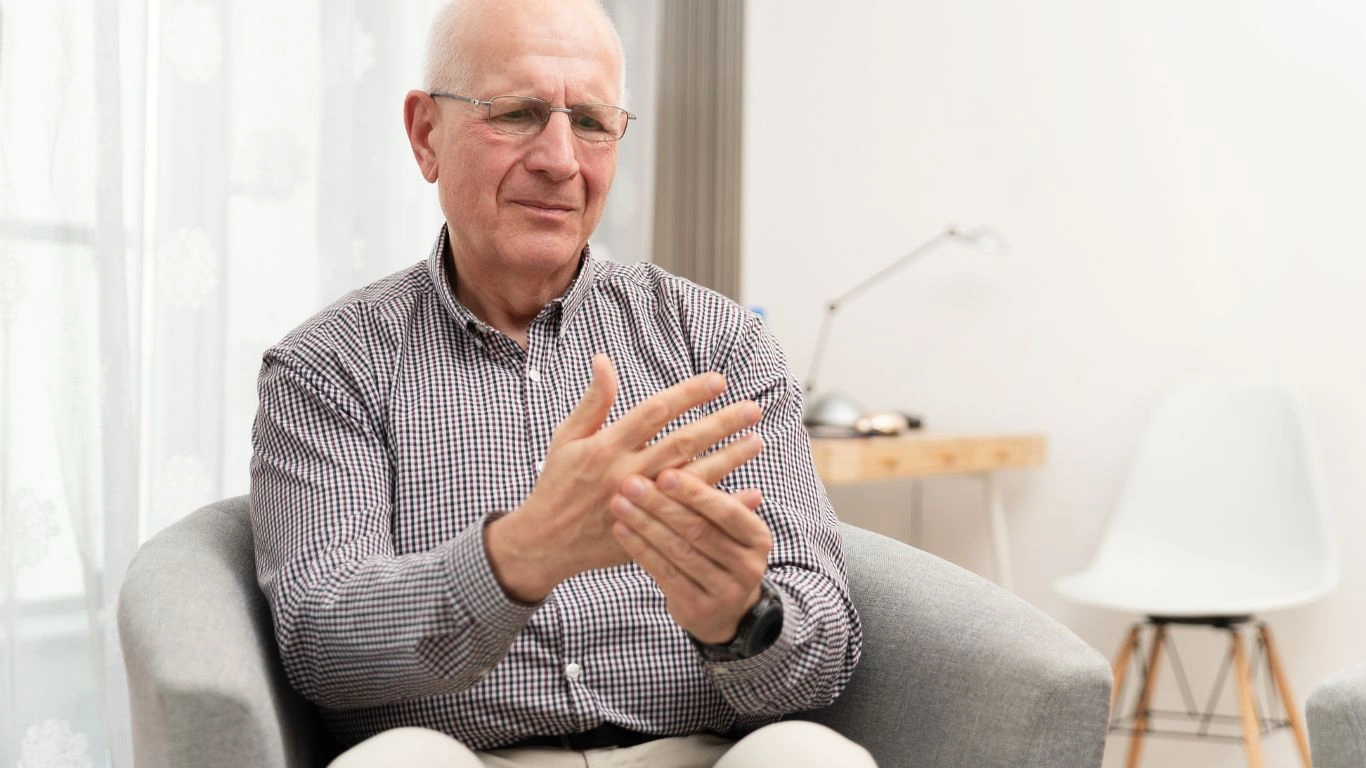
Let’s get into some of the stuff people ask me all the time. If you’re reading this and nodding along, you’re not alone.
“Does it hurt?”
Short answer? Not really. The needles are super thin—like, thinner than a piece of hair. Most of my patients describe the sensation as a dull ache, a tingling, or nothing at all. Occasionally, if the practitioner hits a trigger point, there might be a twitch or pinch, but it passes quickly. You’re not lying there feeling like a pincushion, I promise.
“How often do I need to go?”
This varies. Some people start with weekly sessions, then taper off as symptoms improve. Others go biweekly or monthly for maintenance. The key is consistency early on, especially during a flare. It’s not a one-and-done situation—you’re re-training your nervous system and calming inflammation, which takes time.
“Is it covered by insurance?”
Ah, the million-dollar question. Sometimes yes, sometimes no. A lot of private insurance plans are starting to include it under complementary medicine. Medicare generally doesn’t cover acupuncture for RA yet, but some Medicare Advantage plans might. Always check your benefits, and don’t be afraid to call your insurer—they owe you those answers.
Who Shouldn’t Try Acupuncture?

Okay, I wouldn’t be doing my job if I didn’t mention the caveats. While acupuncture is pretty safe overall, it’s not ideal for everyone. If you have a bleeding disorder, are on strong blood thinners, or have a pacemaker (some acupuncturists use electro-acupuncture), you’ll want to clear it with your doc first.
Also, if your RA is in a severe flare, especially with joint instability or significant swelling, we usually recommend waiting until things calm down a bit. Your body needs to be stable enough to respond appropriately, and you don’t want to aggravate already fragile tissue.
Signs You Might Want to Hold Off:
- High-dose corticosteroid use (wait until dose is tapered down)
- Active infection (even if it’s just a respiratory bug)
- Uncontrolled diabetes or anemia
Bottom line? Always loop your rheumatology provider into the conversation. I love when my patients bring this stuff up—it shows you’re thinking proactively. But don’t DIY your treatment plan without a little guidance.
Acupuncture as Part of a Bigger Picture
I often tell my patients that managing RA is like piecing together a puzzle. You’ve got your medications, your physical activity, maybe some dietary changes, stress management, and then there’s acupuncture. Each piece helps you see the full picture more clearly—and function better.
Integrative care doesn’t mean throwing science out the window. It means acknowledging that humans are complicated, and healing often needs to come from multiple directions. Acupuncture, in the context of rheumatoid arthritis, offers a supportive layer—not just symptom relief, but emotional and mental space to cope with the demands of chronic illness.
And hey, as someone who’s walked with dozens of patients on this journey, I can tell you: those moments of relief, of feeling like yourself again? They’re absolutely worth chasing.
Practical Tips for Getting the Most Out of Acupuncture
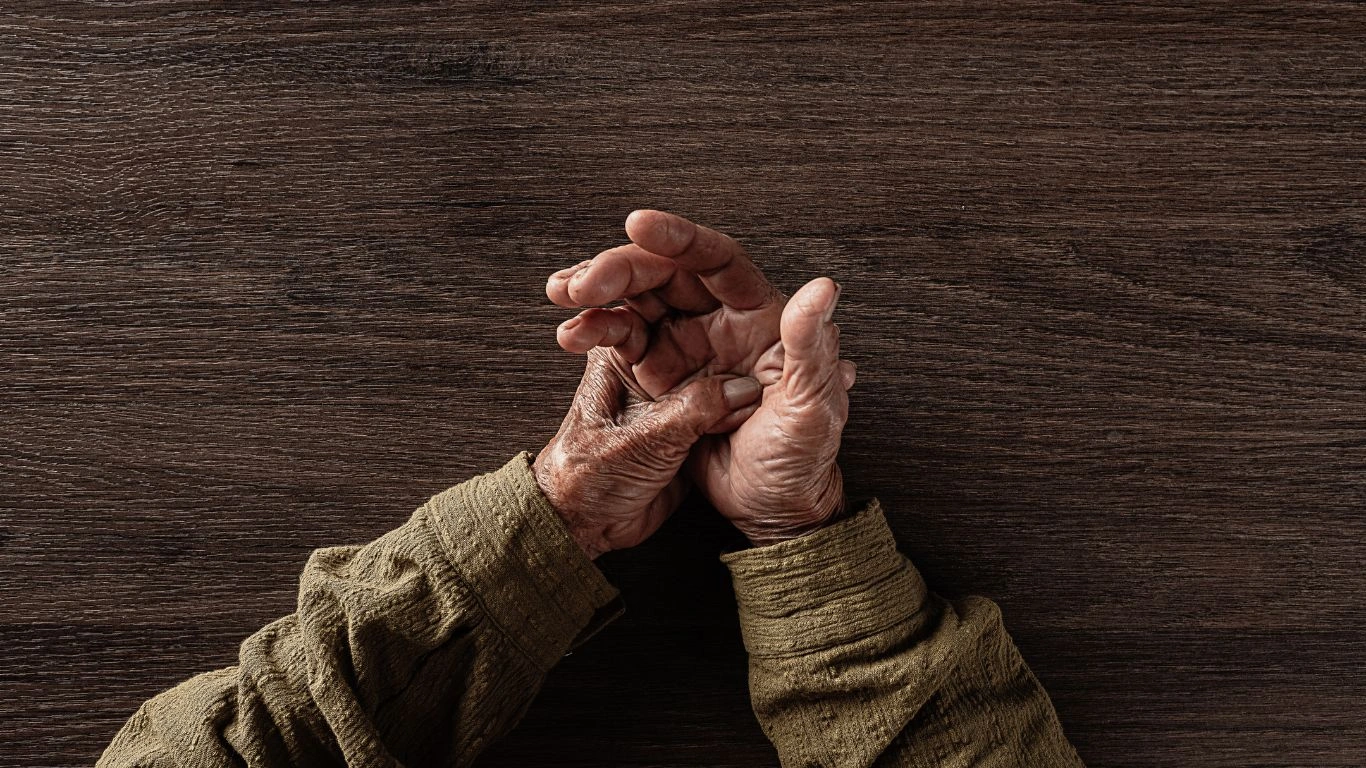
After years of working closely with patients who have rheumatoid arthritis, I’ve picked up a few tips that can really enhance your acupuncture experience. It’s not just about showing up and hoping for the best—there’s a bit of strategy involved.
Choose a Qualified Practitioner
First things first, find a licensed acupuncturist who has experience working with autoimmune diseases or chronic pain conditions. Don’t be shy about asking about their background or whether they collaborate with rheumatologists. A good practitioner listens carefully, asks questions about your RA history, and tailors treatments accordingly.
Be Consistent, but Listen to Your Body
Consistency really is key early on. Think of acupuncture as training a muscle—you need regular sessions to build and maintain the benefits. But also, pay attention to how you feel after each treatment. Sometimes, soreness or mild fatigue is normal, but if something feels off, communicate that with your practitioner.
Combine Acupuncture with Other Healthy Habits
Acupuncture works best when part of a holistic approach. Keep up with your prescribed medications, stay active with gentle exercise like swimming or yoga, and prioritize good sleep. Managing stress through mindfulness or meditation can also boost your results. I’ve seen patients who integrate these habits report better overall outcomes than those who rely on one treatment alone.
Common Misconceptions About Acupuncture and Rheumatoid Arthritis
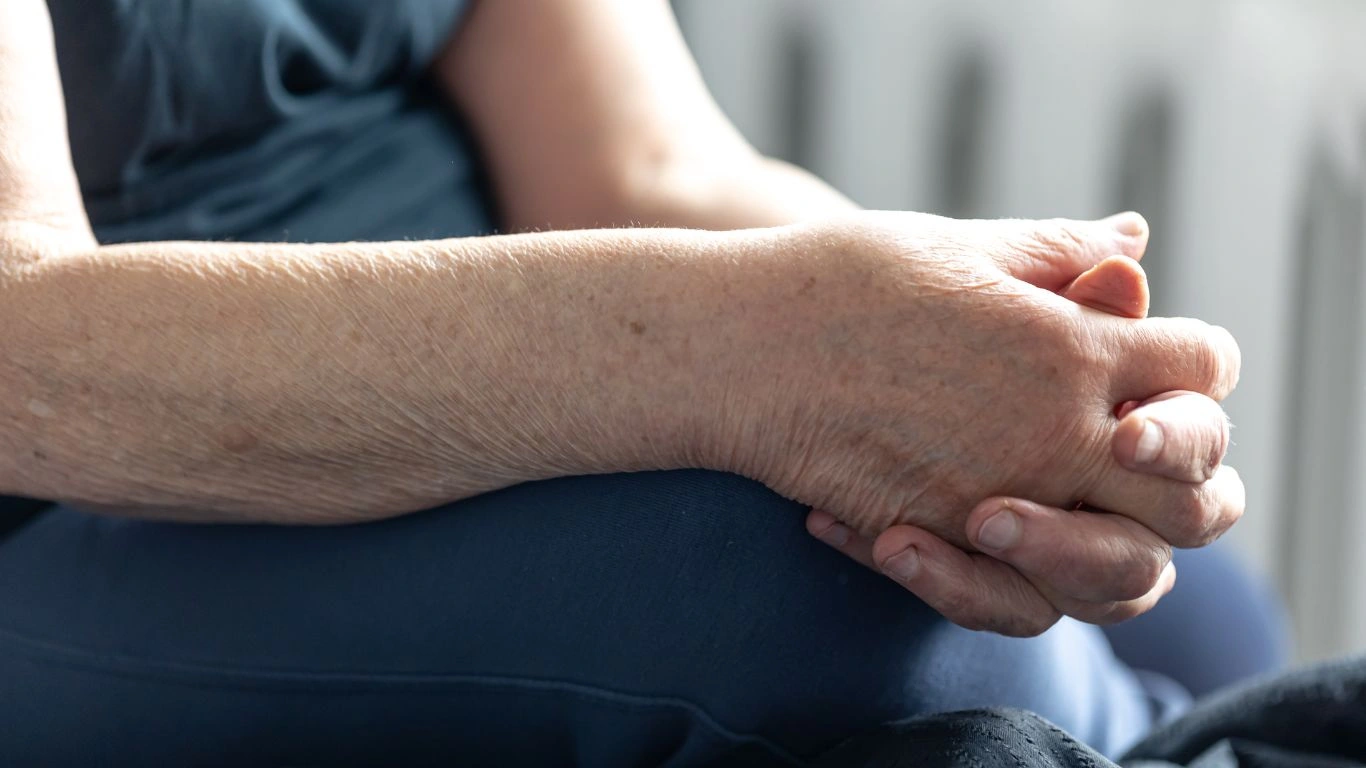
Let’s clear the air on a few myths I often hear:
- Myth: Acupuncture is painful.
Reality: Most people feel minimal discomfort—usually a light pinch or tingling sensation. - Myth: Acupuncture cures RA.
Reality: It helps manage symptoms and improve quality of life but doesn’t replace medications or disease-modifying treatments. - Myth: It’s only placebo effect.
Reality: There’s growing scientific evidence that acupuncture affects the nervous and immune systems, helping reduce inflammation and pain.
Understanding these can help you set realistic expectations and get the most out of your treatment.
Final Thoughts from a Rheumatology Nurse Practitioner
Throughout my career, I’ve come to appreciate that living with rheumatoid arthritis is a marathon, not a sprint. It demands patience, trial and error, and a willingness to explore different options. Acupuncture isn’t a silver bullet, but it’s a valuable piece of the puzzle for many people.
Whether you’re newly diagnosed or have been managing RA for years, I encourage you to keep an open mind. Acupuncture could be the gentle nudge your body needs to tip the scales toward feeling better. And as always, partner with your healthcare team—good communication is essential to safely integrate new treatments.
Remember, you’re not alone in this journey, and sometimes, the combination of traditional medicine with complementary therapies like acupuncture offers the best path forward.
References & Further Reading
- American College of Rheumatology
- National Center for Complementary and Integrative Health
- American Gastroenterological Association
Disclaimer
This article is intended for informational purposes only and does not replace professional medical advice, diagnosis, or treatment. Always consult your healthcare provider before starting any new therapy, including acupuncture, especially if you have rheumatoid arthritis or other chronic health conditions.

Tarra Nugroho is a dedicated Nurse Practitioner with a strong foundation in family and preventive care. She brings both compassion and clinical expertise to her practice, focusing on patient-centered care and health education. As a contributor to Healthusias.com, Tarra translates medical knowledge into clear, empowering articles on topics like women’s health, chronic disease management, and lifestyle medicine. Her mission is simple: help people feel seen, heard, and informed—both in the clinic and through the content she creates. When she’s not caring for patients, Tarra enjoys weekend hikes, plant-based cooking, and curling up with a good health podcast.

